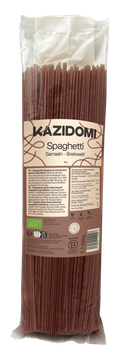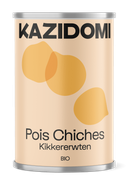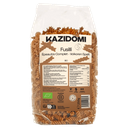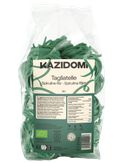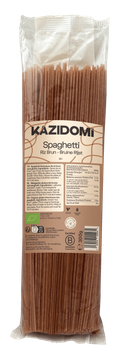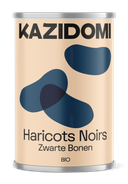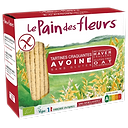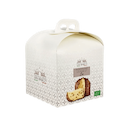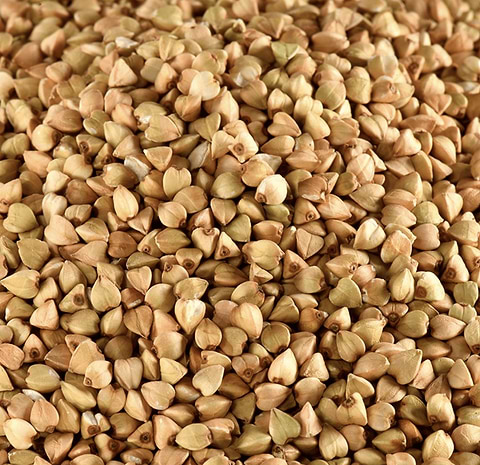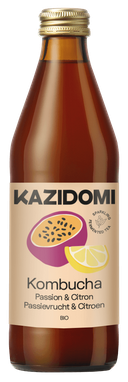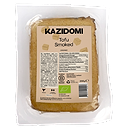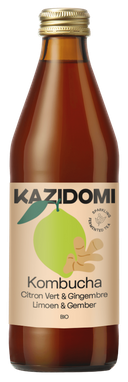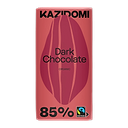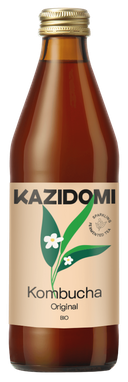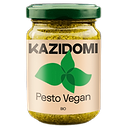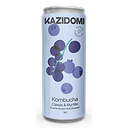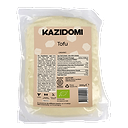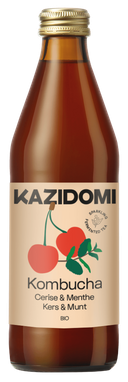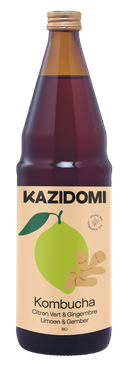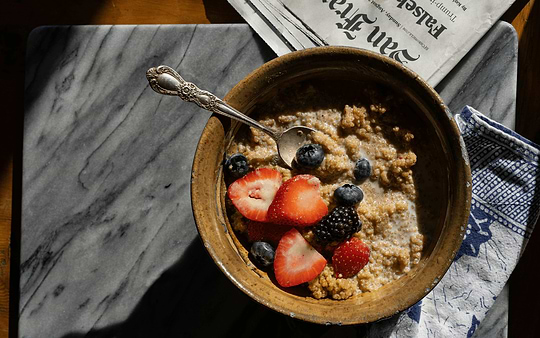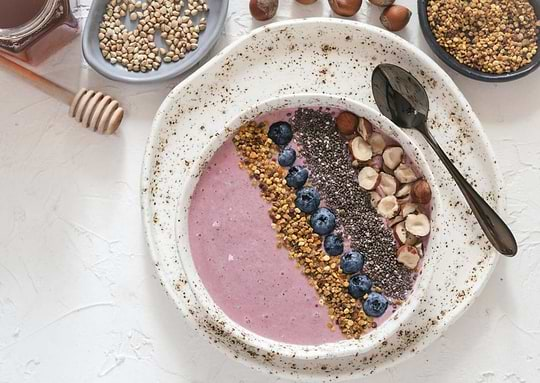Similar products
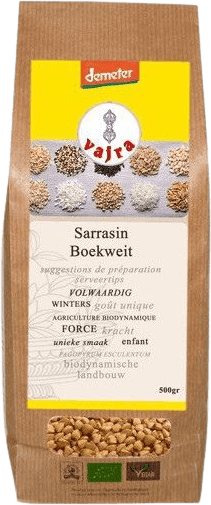
Unavailable
Buckwheat Organic Organic
K+ membership
Save now by becoming a member.
Frequently bought together

Learn more about Origami
Discover the Origami brandOur customers' opinions
Based on 2 reviews
5.0
5 Star
2 Opinion
4 Star
0 Opinion
3 Star
0 Opinion
2 Star
0 Opinion
1 Star
0 Opinion
Leave us your opinion on this product.
Ask us a question about this product here
Leave us your opinion on this product.
- Verified user3 years ago
Ils germent très bien après trempage au bout de 24 heures
- Verified user4 years ago
Beaux grains
These blog posts may be of interest to you
48h delivery at home or at a pickup point
Free delivery over €69
A team available 7 days a week
Buckwheat Organic
0.00 €
0.00 €

